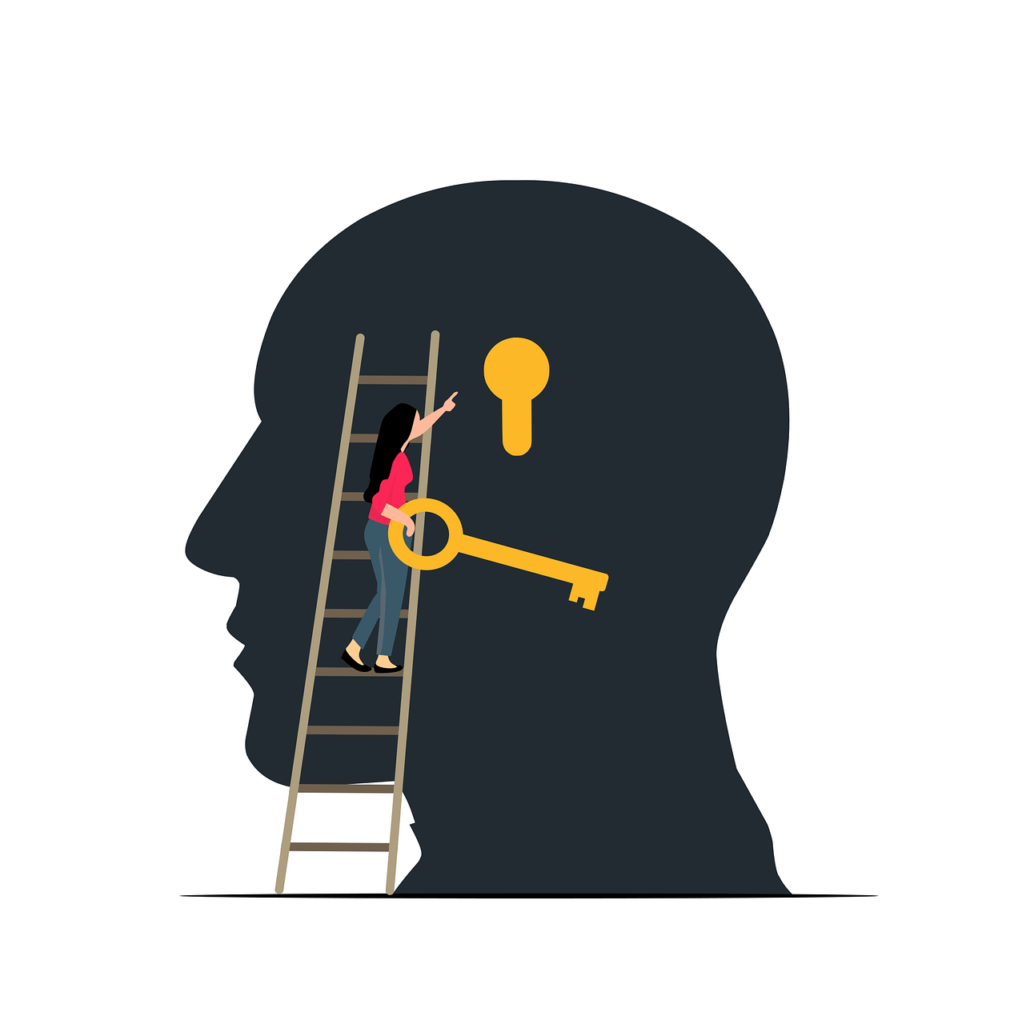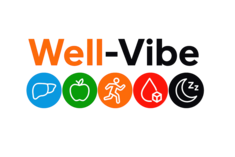The mental health landscape is transformed as we reach our 40s. Middle years create distinct issues that challenge our mental health in ways we would not have predicted. From stalled careers to empty nesting, from parents growing older to changes in our own physical selves mental health is not only valuable but necessary to cope with this challenging decade. Mental health awareness is not only for the young and the older population; it is an important part of living well in what can be the most productive and purposeful years of life
The Shifting Landscape of Midlife Wellness
The Silent Crisis in Midlife Mental Health
People in their 40s are some of the least happy across the range of ages, according to research. Happiness levels, according to researchers, show a U-shaped pattern, making midlife the time when things are least happy for most. There is often a spike in mental health problems at this age, yet we often keep things quiet because we think we should be perfect by now.
Studies from the American Psychological Association estimate that nearly 30% of adults aged 40 to 55 suffer from major mental wellbeing issues, from depression and anxiety to burnout. These are not simply statistics these are people, they are our co-workers, friends, partners, and at times, the face in the mirror And studies from Harvard Health Publishing illustrate that midlife is the point where various stressors converge to severely affect how we feel psychologically, and research from the National Institute of Mental Health shows that intervening in mental health in midlife can have a positive effect on the quality of life in older age. The World Health Organization also verifies that interventions for mental health in this period of life have especially significant long-term outcomes
The Mental Health Challenges of Our 40s
Career and Purpose Recalibration
We arrive at a career juncture by the time we are in our 40s. We’ve possibly attained life’s goals decades in the making but can’t shake the question, “Is this it?” We’re stuck in decades-old career paths with no exit. This confrontation with meaning and satisfaction can significantly impact mental well-being, in ways that earlier decades didn’t require of us.
Our sense of meaning and purpose becomes more and more entwined with mental health. Adults who have work that is meaningful within their work or outside of their work have much higher well-being, as contrasted with those whose work is not meaningful to them.
Family Dynamics in Transition
Our 40s can bring seismic changes in family life:
- Leaving home and becoming independent
- Marriages developing or sometimes dissolving
- Older parents needing more care
- Redefining our identities beyond parenting roles
Those shifts can leave even the strongest-willed person disoriented. Mental illness sometimes develops during these times of identity formation, as we sort out who we are once we lose the roles that have become most familiar to us.
Real-Life Mental Health Strategies
The Meditation-Sleep Connection

One of the best tools for maintaining good mental health in midlife is meditation, especially insofar as sleep is concerned. Both sleep disturbance and insomnia become more and more common in the 40s, creating a vicious cycle that worsens mental health.
Pre-bedtime meditation can stop this vicious cycle. A 10-minute practice in awareness of the breath can dramatically enhance sleep onset and quality. The science is unequivocal: meditation decreases the stress hormone cortisol, which so often soars during midlife as a result of so many responsibilities.
Try this simple evening meditation sequence:
- Position yourself in comfort, sitting or lying down
- Keep focus on the breath for 2 minutes
- Systematically relax every part of the body
- Let thoughts arise and pass away without judging them
- Finish with three slow, thankful breaths
Regular practice not only regulates sleep but also generates an inner strength that stays with you during the day.
Community and Connection: The Antidote to Midlife Isolation

As responsibilities mount in our 40s, social connections often suffer first. Yet research consistently shows that strong social ties are among the most powerful predictors of mental health across the lifespan.
Mental health thrives when we remain connected. Consider how you might:
- Schedule regular, non-negotiable time with friends
- Join groups aligned with personal interests
- Volunteer in your community
- Create new traditions that foster regular connection
Your Mental Health Action Plan

Your mental health deserves the same attention you give to other midlife concerns like retirement planning or physical health. Consider creating a personal mental health maintenance plan that includes:
- Regular check-ins with yourself about stress levels and emotional wellbeing
- Professional support when needed, therapy isn’t just for crisis
- Daily practices that support mental equilibrium
- Community connections that provide meaning and support
Embrace the Challenge

You’ve weathered decades of life’s ups and downs now give your mental health the priority it owes to you. Begin this week by choosing one practice from this article to put in motion. Whether the nighttime meditation, calling an old friend to catch up, or making that rescheduled therapy session, your future self will appreciate you. Because the best years of life might yet lie before you especially if you face them with mental well-being as your north.
What are you doing today to put prioritizing your mental health at the top of the agenda? Share in the comments below or if you’d prefer to discuss in private, reach out.
Join our community here for weekly science-backed health tips, free meal plans, and carefully curated product recommendations delivered straight to your inbox!
Disclaimer:
This blog post is for informational purposes only and is not intended as medical advice. Always consult with a qualified healthcare professional before making any changes to your diet, exercise routine, or healthcare plan. The information provided is based on personal research and experience and may not apply to everyone




